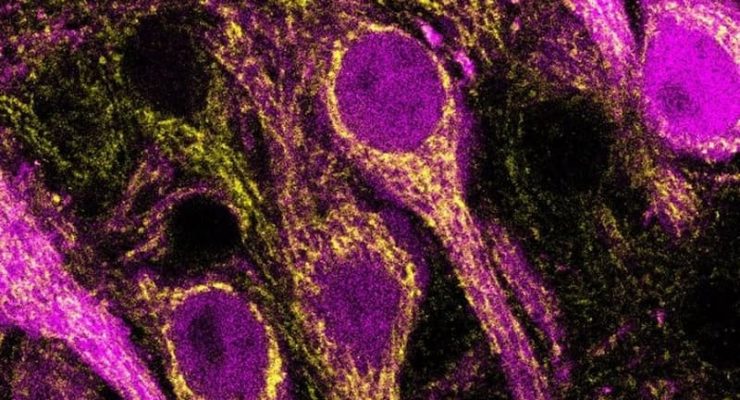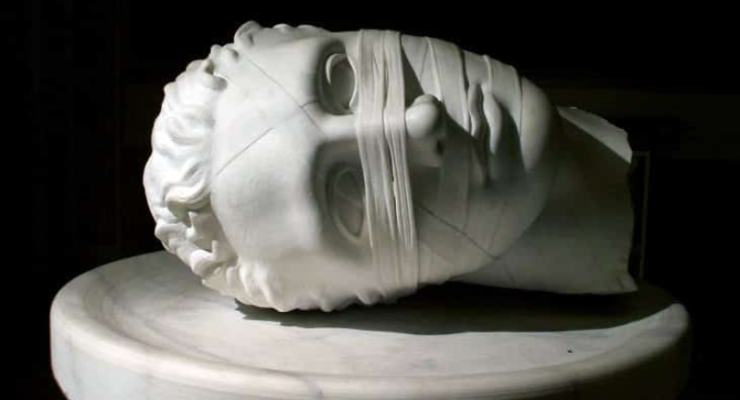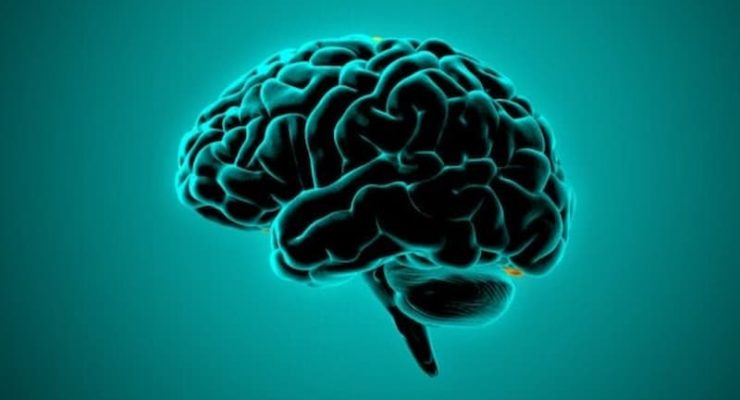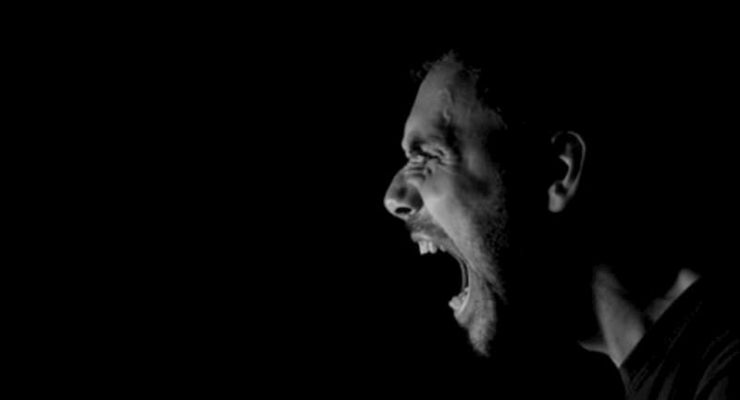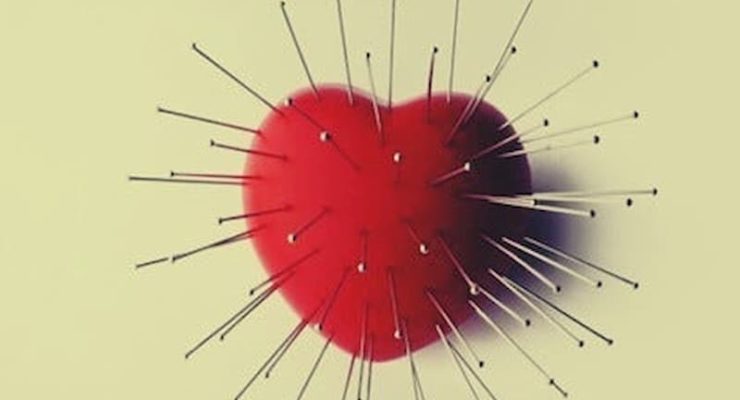(Neuroscience News) As you strain to recollect the details, a pea-sized clump of neurons nestled in your hippocampus is working hard to connect the dots. This brain region, coined CA2, uniquely encodes social memories in mammals. Without it, mice can remember familiar inanimate objects – but not friends or foes they’d met before.
neuroscience
Mental Illness Associated With Poor Sleep Quality
(Hayley Chazan) People who have been diagnosed with a mental illness are more likely to have poor sleep quality compared to the general population, according to the largest study of its kind ever conducted.
Light-to-Moderate Coffee Drinking Associated With Reduced Stroke Risk
(Neuroscience News) Up to three cups of coffee per day is associated with a lower risk of stroke and fatal heart disease, according to research presented at ESC Congress 2021.
The Neuroscience of Why Hugs Feel So Good
(Neuroscience News) Whether you hug to show affection to comfort a loved one in pain, researchers explore the neuroscience of why a cuddle feels so good.
What Neuroscience Says About the Brains of Violent People
(Exploring Your Mind) What’s behind the current increase in violence? Is it society, heredity, or are other factors coming into play? We take look at this particular subject.
Eating for Hunger or Pleasure? Regulating These Feeding Behaviors Involves Different Brain Circuits
(Neuroscience) Many times we eat, not because we are hungry, but because of social pressures or because the food is so appetizing, that, even though we are full, we just want another bite.
Sleep and Fitness Go Hand-in-Hand
(Neuroscience News) Middle-aged women with higher levels of aerobic fitness sleep more each night and feel more rested than those who are less fit.
Study Associates Organic Food Intake in Childhood With Better Cognitive Development
(ISGLOBAL) Children whose diet included more organic foods scored better on tests of fluid intelligence and working memory, a new study reveals.
What Causes Déjà Vu? The Neuroscience Behind The Memory Illusion
(Joe Martino) They say about 60% of people experience déjà vu during their life, right off the bat that hit me as something I didn’t expect as I feel like almost everyone I know has had it at one time or another. Déjà vu, (‘already seen’ to the French) is the feeling that you are re-living something that has happened before. In the movie The Matrix, where déjà vu is perhaps most thought of in pop culture, Neo experiences a cat going by a doorway twice in a matter of seconds. Same cat, same moves, same everything.
Impulsive Aggression: a Neurobiological Explanation
(Exploring Your Mind) Aggression is a complex and heterogeneous construct. There are basically two types of aggression: premeditated (predatory instrumental) and impulsive (affective and reactive). This article describes the neurobiology of impulsive aggression.
The Neuroscience of Revenge
(Exploring Your Mind) The neuroscience of revenge explains why some people don’t move on after a disappointment, a rejection, or what they interpret as injustice. They basically feed the hatred until they plan a way to strike back. Thus, instead of controlling their anger, rationalizing it, or using adequate self-regulatory mechanisms, they allow the discomfort to become chronic.
Scientists Make Monkey Brains Larger With Injection Of Human Brain Cells
(John Vibes) In an alarming experiment, researchers from Japan and Germany teamed up to see if they could increase the size of a monkey’s brain by injecting it with a specific human brain gene that directs stem cells. Scientists know the gene as ARHGAP11B. In their experiments, they were able to successfully increase the size of monkey brains with this method.
How Does the Brain Process Fear?
(Neuroscience News) When a frightful creature startles you, your brain may activate its fear-processing circuitry, sending your heart racing to help you escape the threat. It’s also the job of the brain’s fear-processing circuits to help you learn from experience to recognize which situations are truly dangerous and to respond appropriately–so if the scare comes from a costumed goblin, you’ll probably recover quickly.
Neuroscientist Claims That Consciousness Itself Is Its Own Energy Field
(Justin MacLachlan) A neuroscientist has suggested in a new theory that our consciousness is derived from a field of electromagnetic waves given off by neurons.
Neuroscientist: Orgasms Can Be Used To Reach An ‘Altered State of Consciousness’
(Amanda Monteiro) When it comes to sex and sexual pleasure, it seems like there is always something new to be learned. The realm of sex has perplexed humans for many decades, probably due to the growing evidence of a deeper connection being made with ourselves and our partner.
